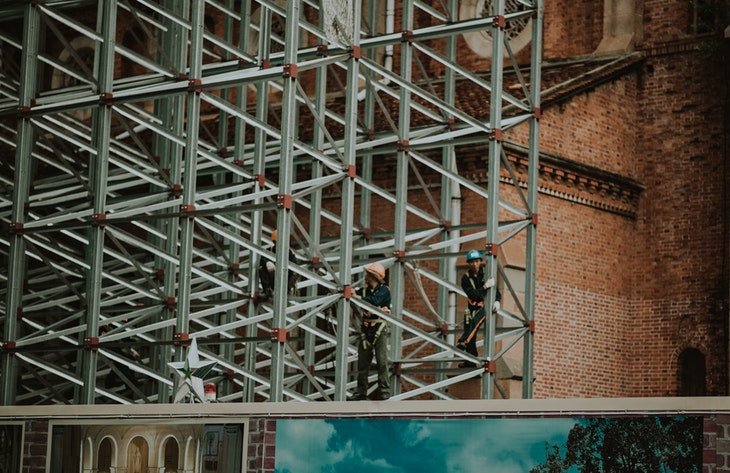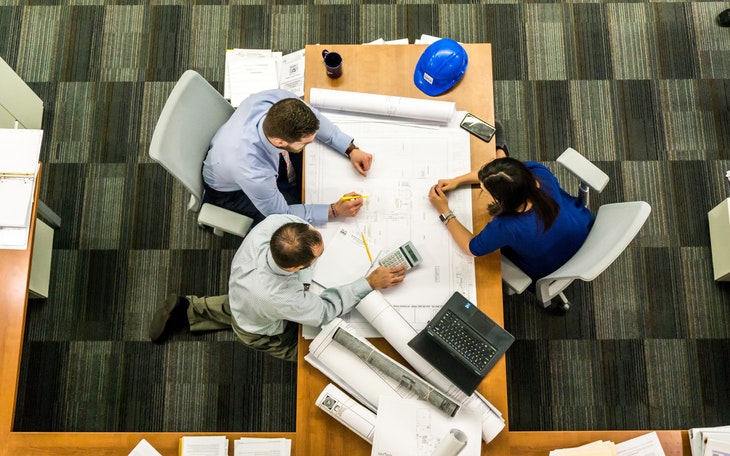
The construction market remains a pivotal cog in the UK’s economic engine, with its GVA having grown considerably since 2009 and peaked at nearly £105 billion in the year ending 2016.
However, this sector is expected to decline considerably in the wake of the Coronavirus pandemic, with experts warning that construction sites nationwide could well close down if the government chooses to put the country into lockdown in the course of the next few days.
For now, however, it remains as close to business as usual as it possibly can be in the circumstances, which means that construction professionals must continue to respect their legal responsibilities when on-site.
Read more after the jump:

Understanding Your Liability to Clients and Third Parties
On a fundamental level, construction professionals are required to accept liability to both their client and any third parties on-site, particularly for any damage or loss caused as a result of their negligence.
This is particularly important in the face of any subsequent legal action, and the starting point in any professional negligence claim is to consider whether the losses are recoverable in contract.
If any recorded losses aren’t available through the contractual route, liability in tort becomes absolutely crucial, and claimants are required to satisfy several criteria to successfully pursue compensation.
Firstly, there must be an existence in law of a duty of care, and this applies in any case where a professional contractor has agreed a contract to work on a particular site or project. The behaviour of the defendant must also fall below the standard of care imposed by law, and this can be hard for claimant to prove after the event.
Thirdly, there must be at least a casual connection between the defendant’s conduct the damage or loss incurred on-site.
Finally, the damage or loses caused must fall within the scope of the defendant’s duty. This means that contractors cannot be penalised in instances where they’ve been compelled to carry out work outside of their scope or asked to work in conditions that are dangerous or inadequate.

Who Needs Professional Liability Insurance?
In truth, any contractor with a professional qualification (such as an electrician, plumber or plasterer), will be required to take out liability insurance, as it’s reasonable to expect such individuals to have the requisite skills to carry out specific tasks.
In the construction sector, this type of liability insurance should also extend to architects and surveyors, along with any engineers who may work on-site.
Specialist builders arguably need this more than any other type of on-site work, as they have direct responsibility for the construction of buildings and their compliance with both regulations and health and safety standards.
Ultimately, it’s important to seek out tailored liability insurance that provides the optimal level of protection, which may prove crucial in the event of a subsequent error or professional negligence claim.
More specifically, it will ensure that you’re covered should accidental damage or loss be caused on a site where you’re working, while equipping you with peace of mind to work with confidence and in a way that safeguards your long-term reputation in the industry.
RELATED: CONSTRUCTION




